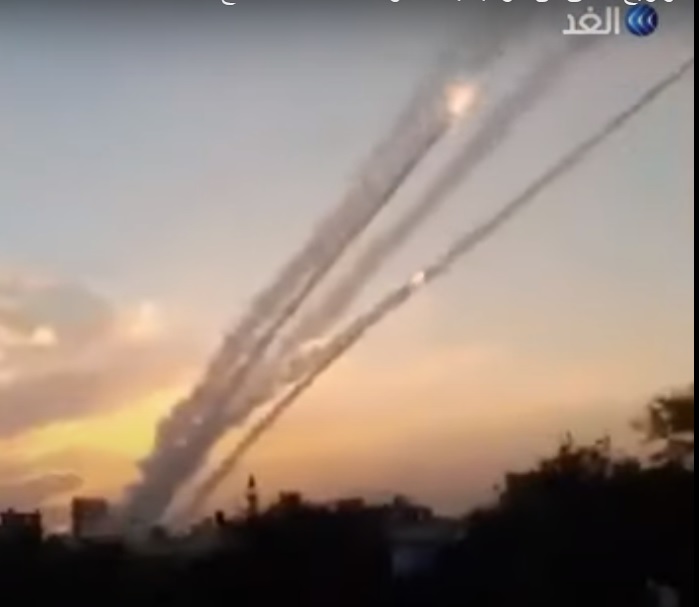American Secretary of State Tony Blinken is set to discuss the extension of the ceasefire in the Gaza Strip during his visit to Israel.
His primary goals include securing the release of more Israeli hostages and facilitating the entry of humanitarian aid into Gaza.
While Israel remains open to concrete proposals extending the ceasefire beyond the initial 10 days, it steadfastly adheres to the overarching objective of dismantling Hamas rule in the Gaza Strip.
Current Ceasefire Dynamics
The initial 4-day ceasefire has been extended by two days in exchange for the release of additional Israeli hostages.
Israel is willing to consider further extensions if Hamas continues to release hostages.
Talks in Doha involving intelligence heads from Israel, the US, and Egypt, along with Qatari officials, have so far failed to produce a new agreement.
The Perils of a Prolonged Ceasefire
Before October 7, a ceasefire existed between Israel and Hamas, but a premeditated attack by Hamas led to a tragic massacre and the deaths of 1,400 innocent Israelis, prompting the current conflict.
Hamas’s leadership openly calls for the destruction of Israel, making it a formidable and dangerous adversary.
Israel’s imperative is to neutralize Hamas’s military power in Gaza, focusing on destroying tunnels, rockets, drones, and other infrastructure.
The establishment of a buffer zone on the border is seen as crucial for the security of Israeli settlements surrounding Gaza.
Hamas’s Strategic Maneuvering
Hamas, holding over 200 Israeli hostages, has manipulated ceasefires to its advantage, halting momentum in fighting and seeking a permanent cessation that would solidify its rule.
Israel’s priority is the release of hostages, but it must not lose sight of its broader goal — neutralizing the Hamas threat.
Potential Long-Term Agreement
Hamas conditions the release of Israeli soldiers on a comprehensive ceasefire, the release of all security prisoners, the lifting of the Gaza blockade, and approval for a Gaza seaport.
Israel must approach these negotiations with caution, avoiding a protracted process that benefits Hamas.
The Biden administration is inclined to support Israel in its effort to eliminate Hamas’s military power, recognizing the organization’s destabilizing influence.
As negotiations proceed, aligning with the US on political goals post-conflict is crucial for Israel.
In conclusion, while securing a ceasefire is essential, Israel must remain vigilant to prevent inadvertently empowering Hamas and compromising its long-term security goals.




